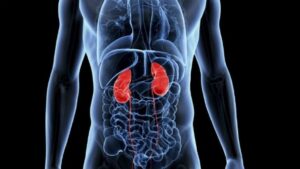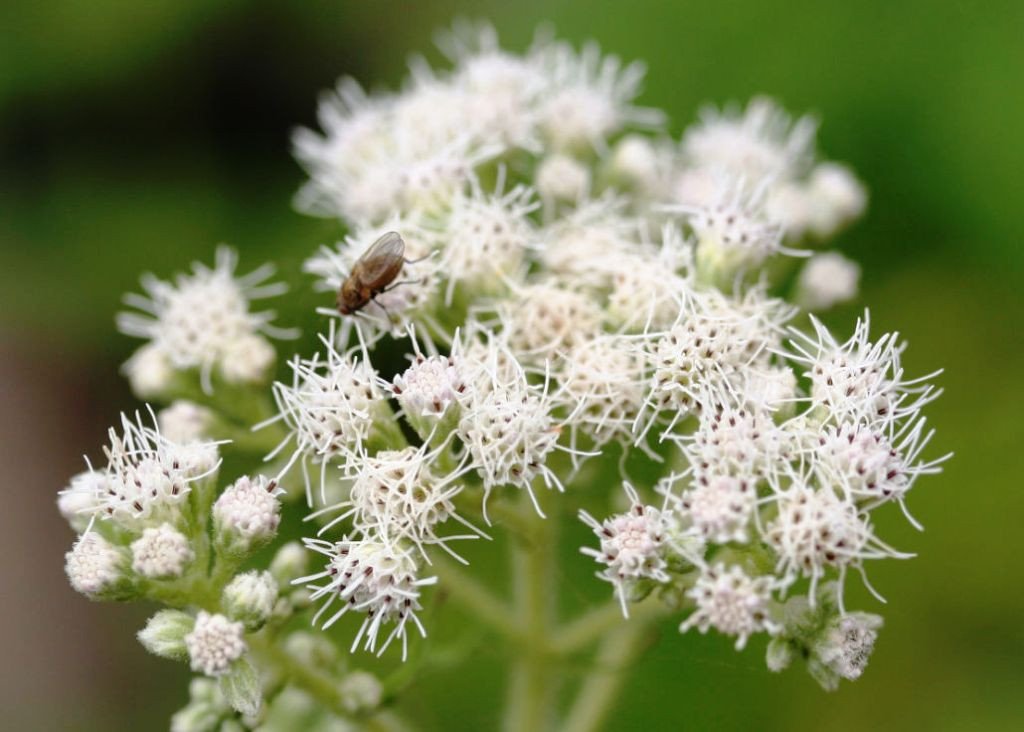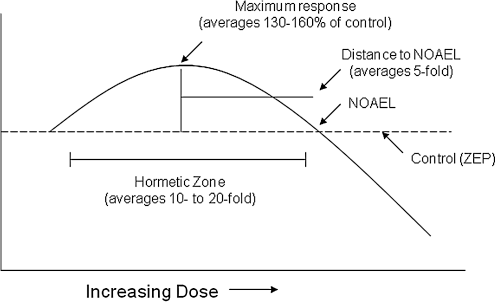 Proton pump inhibitors (PPIs) are among the 10 most widely used drugs in the world. In 2012, there were 157 million prescriptions written for these stomach-acid inhibiting drugs.1 More than likely, either you or someone you know is taking these medications.
Proton pump inhibitors (PPIs) are among the 10 most widely used drugs in the world. In 2012, there were 157 million prescriptions written for these stomach-acid inhibiting drugs.1 More than likely, either you or someone you know is taking these medications.
While PPIs may alleviate the problem of excess stomach acid, many people don’t realize that these drugs are associated with an increased risk of gastric cancer, pneumonia, c. difficile infections, osteoporosis (you need stomach acid to absorb nutrients such as magnesium and calcium into bones), and vitamin B12 deficiency, among other serious diseases.2
The Rationale Behind PPIs
The stomach secretes digestive fluids with a pH2 value, which creates a highly acidic environment. These acidic gastric secretions sterilize bacteria in foods that are eaten, and are essential for the digestion and absorption of various nutrients, including protein, iron, calcium, and vitamin B12.
Obviously, stomach acid that can digest food can also damage delicate intestinal mucosa. The body has protective mechanisms—including mucosal mucous/bicarbonate secretion and sphincter contraction of the gastroesophageal junction—to prevent gastroesophageal damage. But if the sphincter is weakened, stomach acid can flow back into the esophagus. The backwash of acid irritates the esophageal lining, causing heartburn and the regurgitation of food. If the condition persists, it may cause chest pain, difficulty swallowing, chronic cough, hoarseness, and disrupted sleep. Left untreated, GERD can lead to esophageal ulcers, narrowing of the esophagus, and precancerous changes known as Barrett’s esophagus. Continue reading “The Hidden Dangers of Proton Pump Inhibitors (PPIs)”







 Proton pump inhibitors (PPIs) are among the 10 most widely used drugs in the world. In 2012, there were 157 million prescriptions written for these stomach-acid inhibiting drugs.1 More than likely, either you or someone you know is taking these medications.
Proton pump inhibitors (PPIs) are among the 10 most widely used drugs in the world. In 2012, there were 157 million prescriptions written for these stomach-acid inhibiting drugs.1 More than likely, either you or someone you know is taking these medications.
